
In this episode, we dive deep into the rapid evolution of AI technologies, particularly focusing on the emergence of DeepSeek and its implications. Join us as we explore the transformative power of AI and the future it holds for society, economy, and individuals.
Opening Remarks
As we delve into the transformative world of artificial intelligence, we find ourselves at a pivotal moment in history. The rapid advancements in AI technologies are reshaping our lives, industries, and society as a whole. This evolution is not just about technology; it’s about the very fabric of our daily existence and future prospects.
Introducing the Guest: Ryo Shimizu
Today, we are thrilled to welcome Ryo Shimizu, an AI strategy specialist with an impressive background in the tech industry. Born in 1976 in Niigata, Japan, Ryo has founded ten companies over the past two decades. His journey began with a passion for innovation that led him to receive the title of ‘Super Creator’ from the Ministry of Economy, Trade and Industry in 2004. Ryo’s expertise lies in various AI technologies, particularly in generative AI and paradigm shifts in the search domain.

The Impact of DeepSeek and Deep Research
The emergence of DeepSeek is a game-changer in the AI landscape. It has unlocked the potential of previously dormant models, allowing them to operate at unprecedented scales. DeepSeek’s innovations have made it possible for complex AI models to run effectively on everyday hardware, democratizing access to advanced AI capabilities.
Ryo emphasizes that the significance of DeepSeek and similar technologies lies in their ability to disrupt traditional paradigms. The AI community is witnessing a shift where models that were once confined to research labs are now accessible to a broader audience, fostering innovation and collaboration across various sectors.
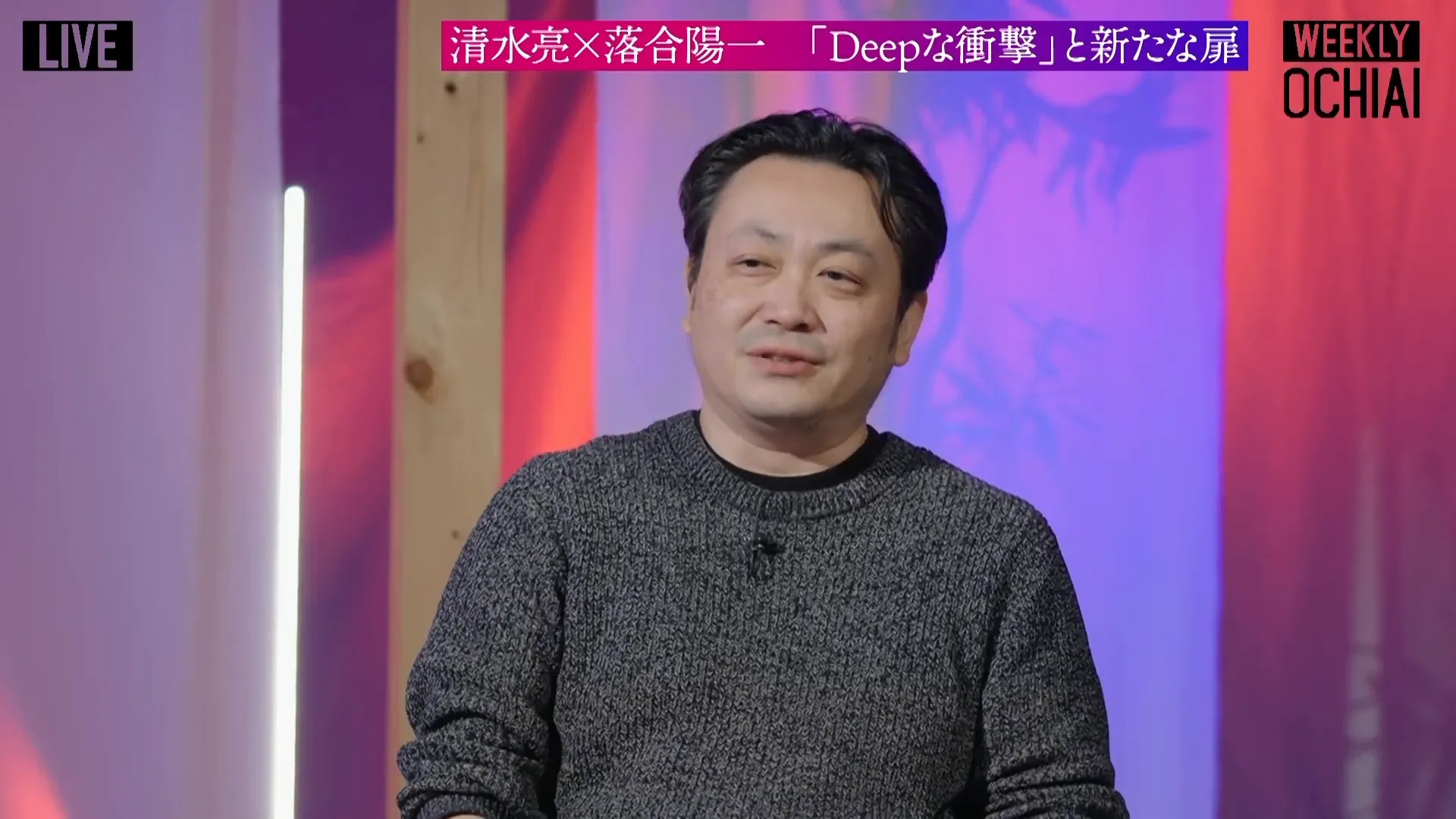
The Rapid Evolution of AI
AI is evolving at a breakneck pace, and this year has shown us just how far we’ve come. Ryo points out that the advancements are not just incremental; they are revolutionary. We are seeing AI systems that can understand, learn, and adapt in ways that were previously thought impossible.
This rapid evolution is prompting discussions about the future of work, creativity, and human-AI interaction. The question now is not just about what AI can do, but also about how we, as a society, will adapt to these changes.

AI and the Disruption of Established Norms
One of the most fascinating aspects of AI’s rise is its ability to challenge established norms and industries. Ryo notes that disruptive technologies often provoke strong reactions from those who feel threatened. This is evident in the current climate, where traditional roles and job security are being reevaluated in light of AI advancements.
As AI continues to permeate various sectors, we are witnessing a redefinition of what it means to be a professional in fields such as engineering, design, and even art. The conversation is shifting from job displacement to collaboration between humans and AI, leading to new opportunities for creativity and problem-solving.
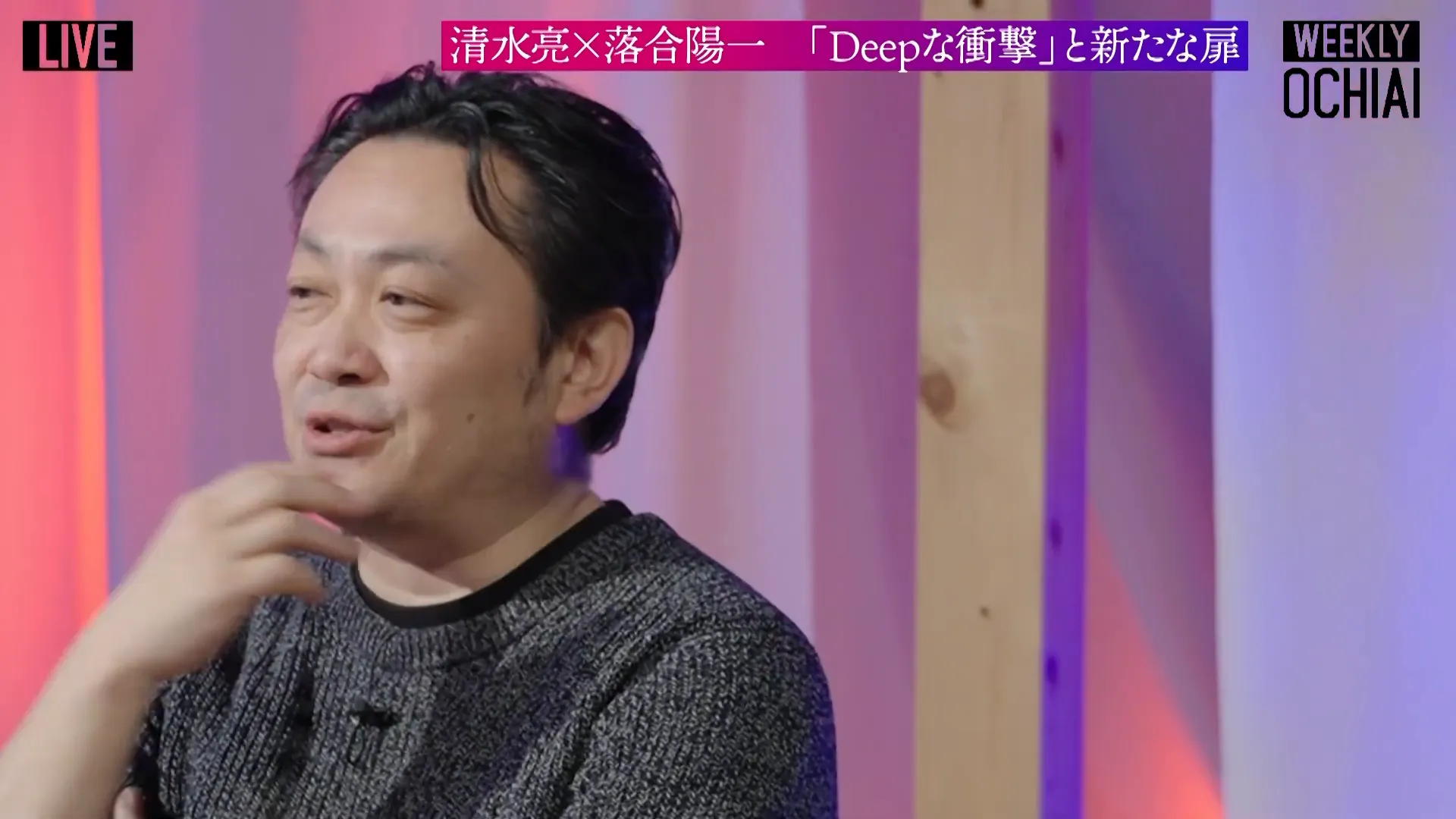
The New Wave of AI Technologies
Looking ahead, Ryo expresses excitement about the new wave of AI technologies that are emerging. From generative AI to quantum computing, the potential applications are vast and varied. These technologies are not just tools; they are catalysts for change that can redefine entire industries.
As we embrace this new era, it is crucial to consider the ethical implications and societal impacts of these technologies. Ryo emphasizes that the goal should not only be to innovate but also to ensure that these innovations benefit society as a whole.
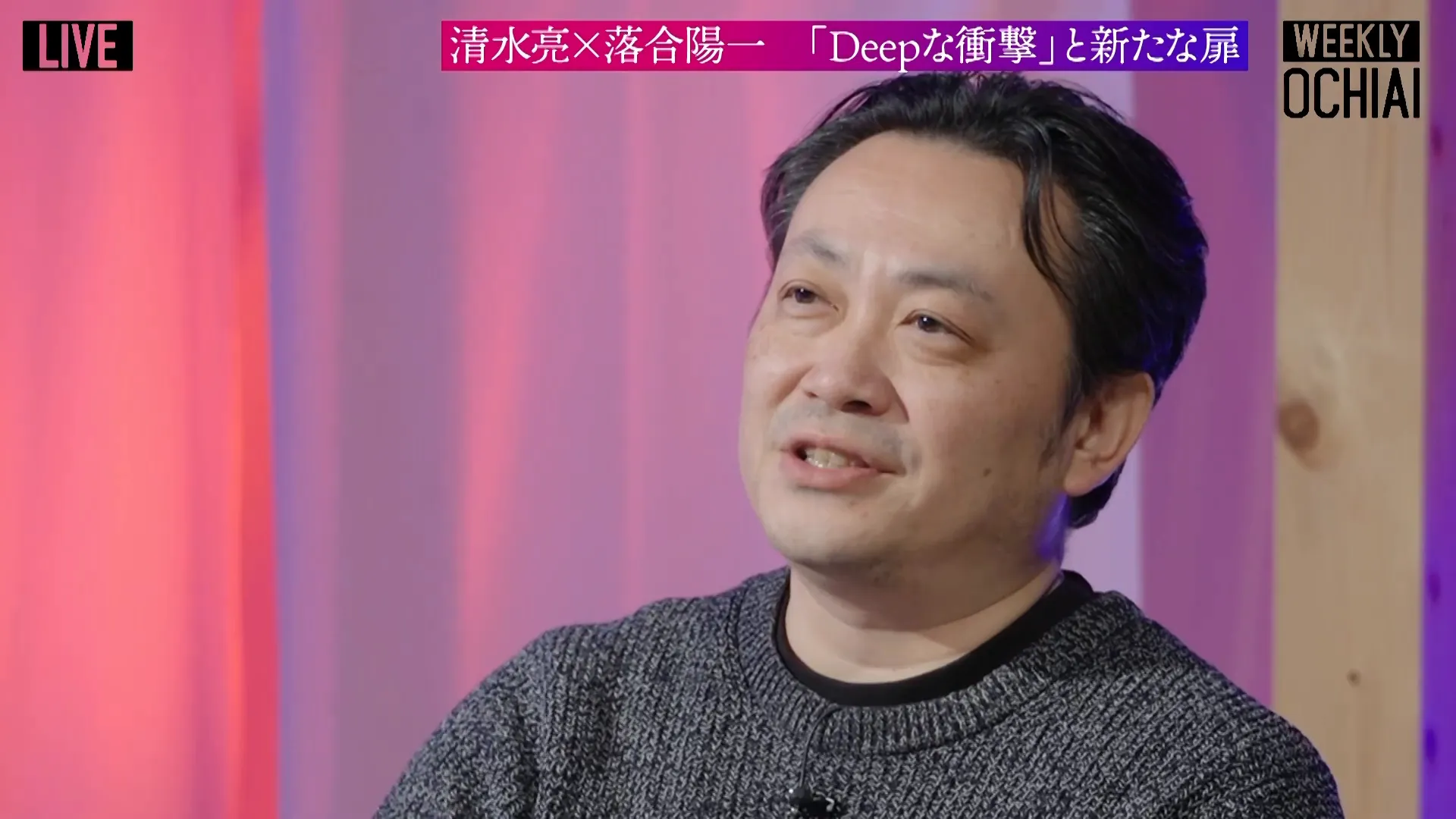
In this rapidly changing landscape, collaboration, adaptability, and a forward-thinking mindset will be essential. As we explore the possibilities that AI presents, we must also remain vigilant about the challenges that come with such profound transformations.
The Role of Money in AI Development
Money plays a crucial role in the development of artificial intelligence. It fuels research, drives innovation, and enables startups to bring their ideas to life. However, the relationship between funding and meaningful progress in AI can be complex. Ryo emphasizes that while funding is essential, it should not overshadow the core objective of AI: to enhance human capabilities and solve real-world problems.
In recent years, we’ve seen significant investments in AI technologies, especially in generative AI. These investments have led to breakthroughs that were once considered science fiction. However, Ryo cautions that an over-reliance on financial resources can lead to superficial advancements, where the focus shifts from genuine innovation to merely securing funding.
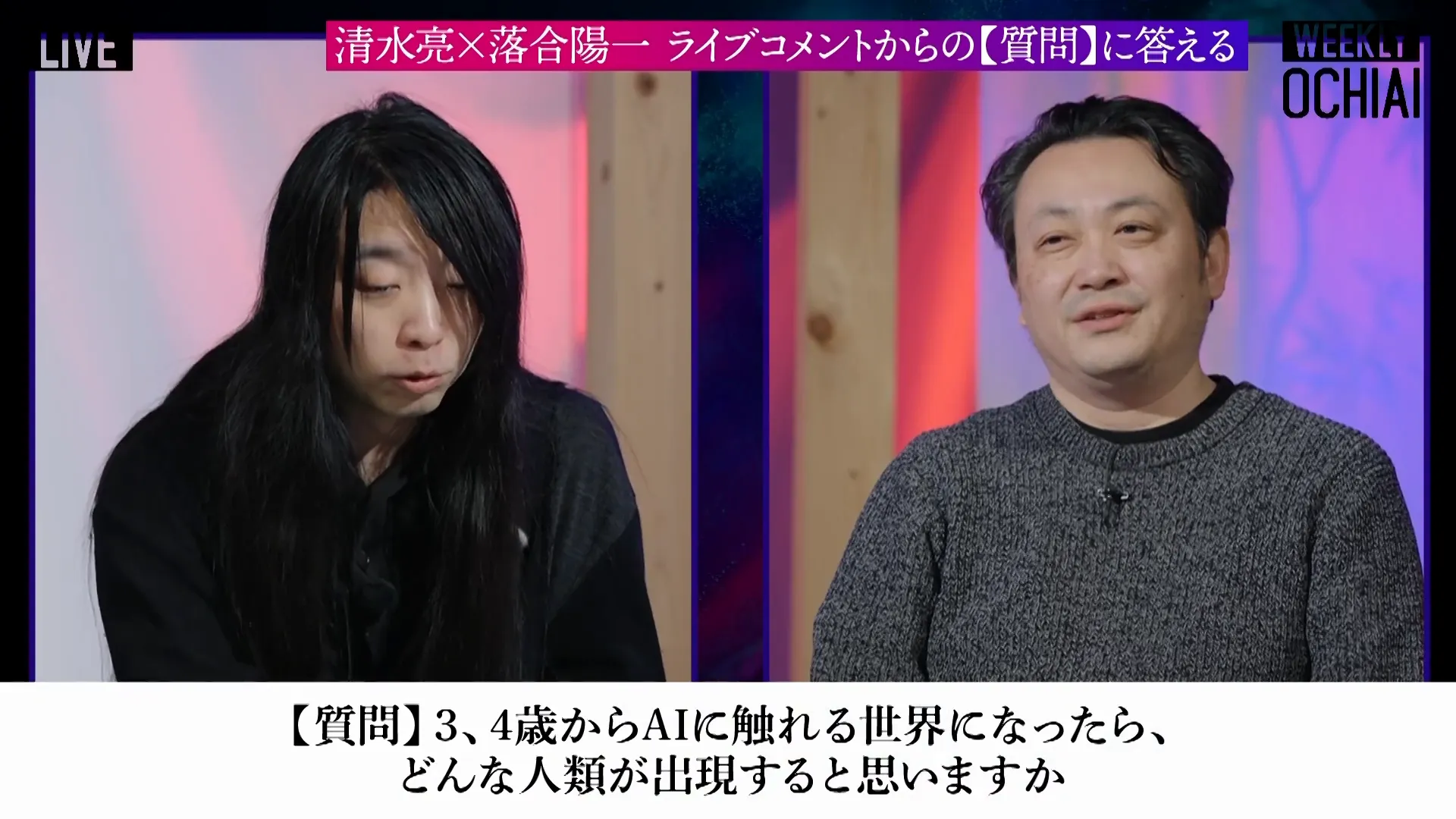
True innovation often arises from a balance between financial support and visionary thinking. Ryo believes that the most impactful AI developments will come from teams that prioritize creativity and ethical considerations alongside their funding strategies. This approach ensures that technology serves humanity rather than becoming an end in itself.
Audience Questions: The Future of AI
During the session, we received numerous questions from the audience about the future of AI. One particularly intriguing question was about the implications of AI for future generations. As Ryo pointed out, children growing up in an AI-rich environment are likely to be significantly smarter than previous generations. They will have access to tools that can provide instant answers and insights, which will shape their learning and creativity.
Ryo suggests that this shift will create a new class of thinkers—individuals who are not only knowledgeable but also adept at navigating complex problems with the help of AI. The challenge will be to ensure that these young minds develop critical thinking skills and do not become overly reliant on technology.
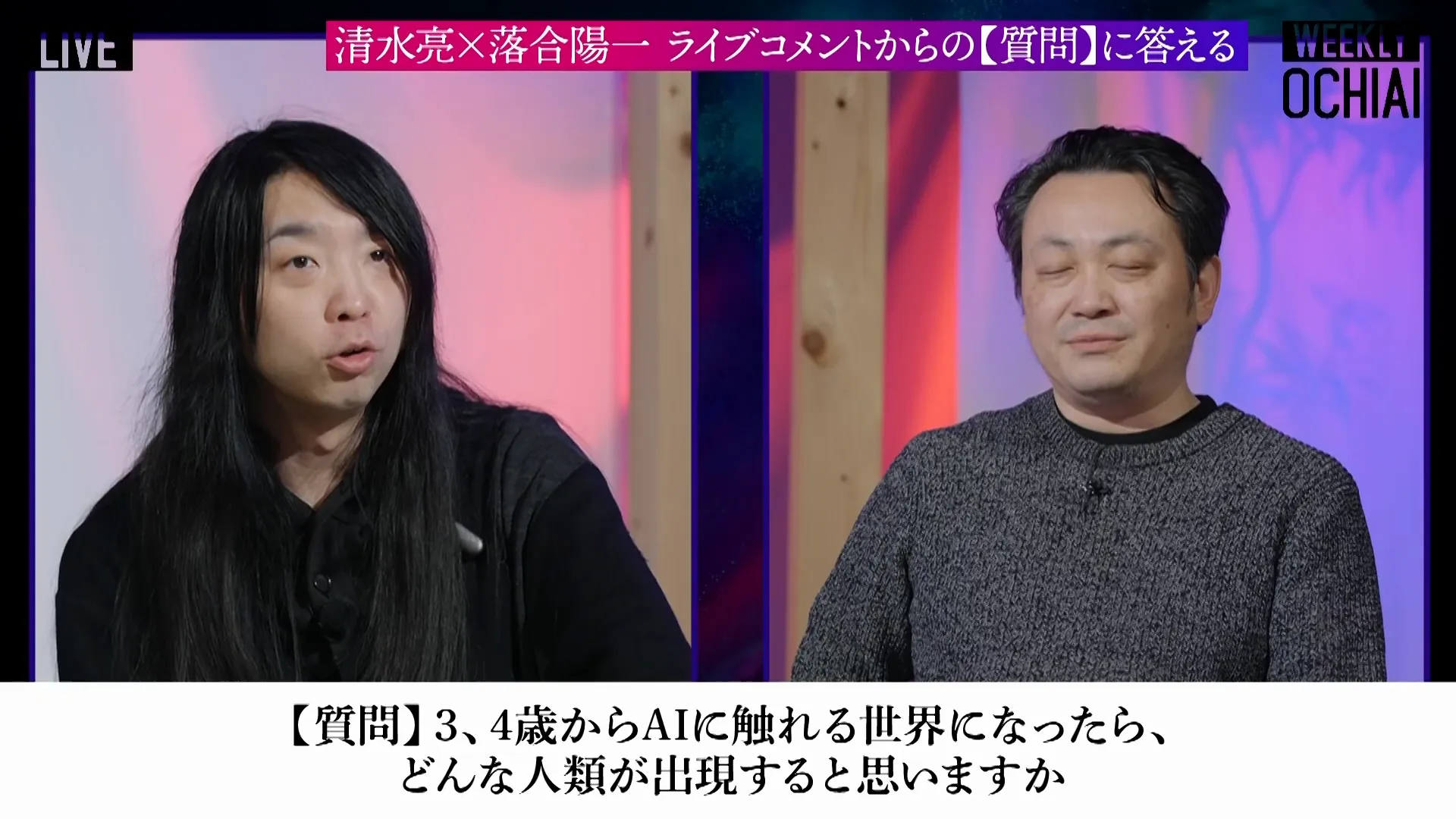
Moreover, Ryo emphasizes the importance of instilling a sense of curiosity in children. AI can answer questions, but fostering a mindset that encourages exploration and inquiry will be essential. He believes that the future of education must adapt to these changes, integrating AI as a collaborative partner in the learning process.
AI’s Role in Education
The integration of AI into education presents both opportunities and challenges. Ryo highlights that AI can personalize learning experiences, allowing students to progress at their own pace. This approach can be particularly beneficial for those who struggle in traditional classroom settings.
However, he warns that the effectiveness of AI in education hinges on its implementation. It’s crucial to ensure that AI tools are designed to enhance learning rather than replace the human element in education. Teachers must remain central to the learning process, using AI as a resource to support their efforts.

As educators embrace AI, Ryo envisions a future where classrooms become dynamic environments. AI can provide instant feedback, track student progress, and adapt lessons to meet individual needs. This transformation will require training for educators to effectively integrate AI into their teaching practices.
The Challenge of Trusting AI
Trust is a significant barrier to the widespread adoption of AI technologies. Many people remain skeptical about AI’s capabilities and reliability. Ryo acknowledges this skepticism but argues that building trust is essential for the future of AI. Transparency in AI algorithms and decision-making processes will be crucial in fostering confidence among users.
Moreover, Ryo emphasizes the importance of ethical considerations in AI development. As AI systems become more autonomous, ensuring that they adhere to ethical standards will be paramount. This responsibility lies not only with developers but also with organizations and regulators who oversee AI deployment.

To build trust, Ryo suggests that AI systems should be designed to explain their reasoning. Users should understand how decisions are made, fostering a sense of accountability. When AI is perceived as a reliable partner rather than a black box, trust can flourish.
The Future of Japan in Global AI Development
As we look toward the future, the role of Japan in the global AI landscape raises important questions. Ryo expresses concern about Japan’s current position, noting that while the country has a rich history of technological innovation, it faces challenges in maintaining a competitive edge in AI development.
Ryo believes that Japan must prioritize investment in AI research and development. This includes fostering a culture of innovation that encourages collaboration between academia, industry, and government. By creating an ecosystem that supports AI startups and research initiatives, Japan can position itself as a leader in the global AI arena.
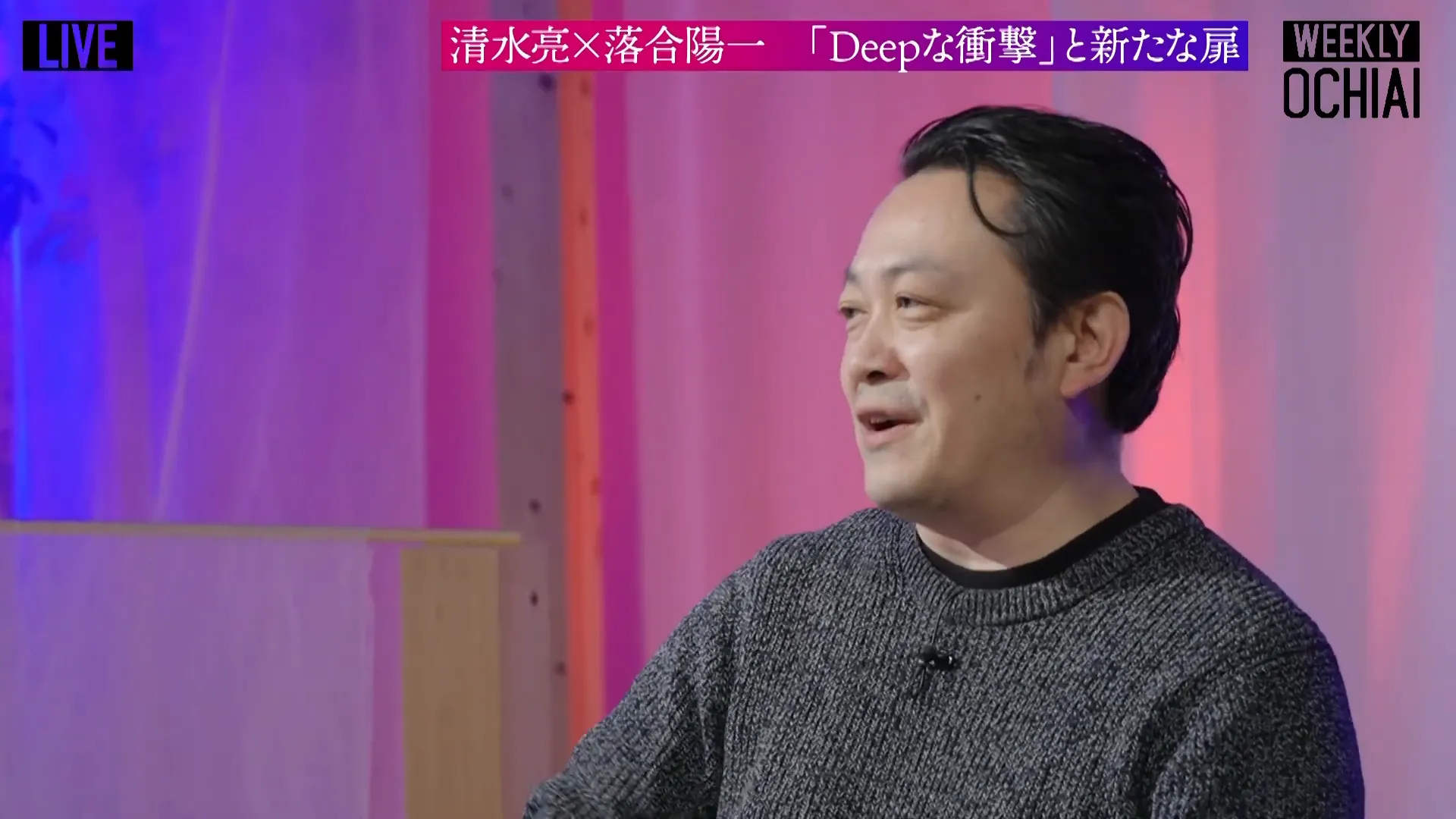
Ultimately, Ryo envisions a future where Japan not only participates in the AI revolution but also shapes its direction. By leveraging its unique strengths and addressing current challenges, Japan can play a pivotal role in the advancement of AI technologies that benefit society as a whole..







